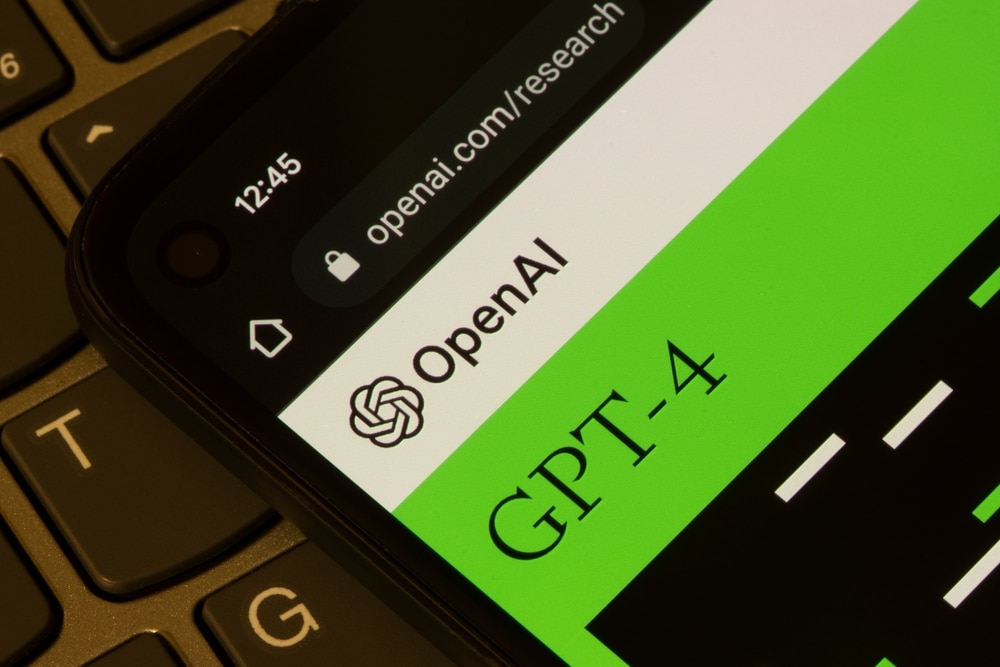OpenAI, the artificial intelligence research lab known for innovations such as ChatGPT and DALL-E, has introduced a digital voice generator named Voice Engine. This new technology, revealed in a blog post by the company, has the capability to generate lifelike speech from just a 15-second audio sample. OpenAI envisions diverse applications for Voice Engine, including reading assistance, language translation, and voice restoration for individuals affected by cancer.
Despite the potential benefits, OpenAI is consciously delaying a wider release of Voice Engine, citing concerns over potential misuse, including impersonations and deepfakes, particularly during election periods. This decision comes in the wake of the first fake voice incident of the 2024 election cycle, where a robocall in New Hampshire imitated President Joe Biden, prompting discussions on the political risks associated with synthetic voice technologies.
OpenAI’s approach involves engaging with various stakeholders, including government, media, and civil society, to gather feedback and explore responsible deployment strategies. The company emphasizes the importance of voice authentication measures and proposes a “no-go voice list” to prevent the creation of synthetic voices too closely resembling prominent figures.
The challenge of detecting AI-generated content remains, with proposed solutions like watermarking facing limitations in effectiveness. In response to concerns about potential misuse by criminals, OpenAI has not yet specified the measures it will take but is exploring various safeguards, including limited access to developers and applications deemed low-risk and socially beneficial.
Expanded Coverage:






